Twenty-five years ago, in a historic week for Scottish politics, the nation embarked upon a journey towards greater self-governance that would reshape its identity and redefine its relationship with the United Kingdom.
But as we mark the 25th anniversary of Scottish devolution, what have been the greatest achievements of the Scottish Parliament? Does devolution need to keep evolving and if so, how?
Former SNP MSP and Scottish Parliament presiding officer Tricia Marwick
When central Fife’s Tricia Marwick reflects on the 17 years she spent as a member of the Scottish Parliament from 1999 to 2016, it was “extremely special” to serve a five-year term as Holyrood’s presiding officer from 2011.
Elected for the SNP via the Mid Scotland and Fife regional list on May 6 1999, the former Shelter Scotland public affairs officer had already been involved with politics having stood unsuccessfully for the Westminster elections in 1992 and 1997.
The SNP representative worked closely with Labour’s successful candidate and future First Minister Henry McLeish, campaigning together in and around Glenrothes to secure the ‘Yes Yes’ vote in the Labour-led devolution referendum of September 1997.
But when the now 70-year-old thinks back to that first sitting of the Scottish Parliament on May 12 1999 – then held at the General Assembly Hall of the Church of Scotland on Edinburgh’s Royal Mile – the “bit that really gets” her is that her late parents could not be there to see her sworn in.
“We came from a pretty poor background and my mum and dad were both dead before I was elected,” said the Cowdenbeath-born miner’s daughter.
“I can remember looking up at the balcony on signing in day and my mum and dad weren’t there.
“Susan Deacon was a Labour MSP who became a cabinet minister.
“I always remember her wee one being there, shouting over the balcony to her mum.
“That triggered something in me – that I couldn’t see my mum and dad.”
Tricia Marwick was inspired to become an MSP who ‘put Scotland first’
Tricia was inspired to join the SNP after the 1984 miner’s strike because she felt Fife’s mining communities had been “absolutely betrayed” by the Labour Party.
The only way forward, she felt, was to “put Scotland first”, and the only way to do that was through independence.
Tricia’s memories of being in Alex Salmond’s minority SNP government from 2007 include “making sure you hit the right button every time you vote”.
“There was no room for mistakes!” she laughed, referencing the electronic voting system.
In 2011, she successfully put her name forward to be presiding officer after realising she was “better and more experienced” than most of those in the frame.
Before devolution, political lobbyists had to embark upon a 900-mile round trip to the House of Commons in London for a half-hour meeting.
After devolution, half the population of Scotland was within an hour’s drive of the Scottish Parliament with no need to visit Westminster at all.
The biggest achievement of devolution, however, is that it is now “embedded in the Scottish psyche”.
“Donald Dewar was right when he said ‘there shall be a Scottish Parliament’,” said Tricia, who was replaced by Jenny Gilruth as Glenrothes MSP when she stood down in 2016.
“Now where that journey then goes to is a matter of political debate. Does it stay as it is? Does it acquire new powers? Do we go on to be independent?
“These are all political matters – but ultimately they are ones for the Scottish people to make.”
Henry McLeish: Holyrood ‘changed the face of Scottish politics forever’
Former Labour first minister, Central Fife MSP and MP Henry McLeish said the establishment of Holyrood in 1999 undoubtedly changed the face of Scottish politics forever because, for the first time since 1707, the nation had a legislator in Scotland.
Having chaired the constitutional steering group which set up the principles, the ideas, and the modus operandi which would be adopted by Holyrood, he describes the day the parliament opened as a “very significant day for Scotland”.
As well as Scotland taking powers away from a highly centralised Westminster, the “tremendous speech” by the first Labour first minister and ‘father of devolution’ Donald Dewar at the official opening on July 1 1999 capped a “great sense of occasion and place”.
When he served as an MP, he didn’t feel that Westminster treated Scotland and the other nations with the same importance they should have done.
But when Mr McLeish, who was forced to resign as first minister in 2001 amid the “muddle not a fiddle” Officegate scandal, reflects on 25 years of devolution and its many achievements, he feels “sad” that after the Scottish independence referendum of 2014, Scotland “started to slide back” and this has “cost Scotland a great deal”.
“The devolution years up to 2014 were replaced by the independence years,” he said.
“That has meant a battle between ‘Conservatism’ at Westminster in the form of unionism, and the SNP in Scotland in terms of nationalism.
“That may serve the political interests of both sides, but it doesn’t serve the interests of Scotland at all.
“That’s why to me we are at a point where we need a new chapter of devolution to be written.”
Henry McLeish feels Scottish independence debate has ‘lost steam and direction’
Mr McLeish, who has previously acknowledged that he might support Scottish independence, feels a situation has been reached where Scotland has “stalled” and “major policies are just not being addressed”.
The problem for the SNP government, he believes, is it’s got to “differentiate between governing and campaigning”.
He feels that independence has “lost steam and direction” and that Scotland, the nation, is being “held back by this one party, one policy idea”.
“For devolution to move forward,” he said, “we’ve now got to make it something more concrete in the eyes of Scots.
“It’s got to be not just a process but a product. It’s got to have an end. We’ve actually got to re-envisage devolution to be something that’s exciting, taking Scots forward, building on the original ideas and in political terms, providing an alternative to independence.
“The other point is that I’m seriously worried about is the state of relations between Westminster and Holyrood.
“John Swinney’s got to realise for example that as a party the SNP can campaign on whatever they want.
“But as a government in Scotland they’ve got to govern on behalf of all the people.
“That means the other political parties have got to become involved. There’s got to be an idea of consensus.”
‘Serious flaws’ with current structure, claims Conservative Murdo Fraser
Mid Scotland and Fife Conservative MSP Murdo Fraser was unsuccessful when he stood for Holyrood in 1999.
He entered the Parliament two years later in 2001, following a resignation.
Motivated to fulfil a role in public service, he felt strongly that the Scottish Conservative and Unionist voice had to be articulated within this new institution, particularly as his party had suffered a wipe-out in parliamentary support in Scotland at the 1997 general election.
“The Scottish Parliament has become an established part of Scottish life,” he said.
“Probably its greatest success has been its accessibility to the public, in a way which Westminster could never be.
“The building has seen a large number of visitors coming to see democracy in action, and the petition system in particular provides direct input for the Scottish people to influence policymaking.
“Pioneering legislation such as the smoking ban, and the introduction of free personal care are among the parliament’s successes.”
Additional powers being added, most significantly on taxation, has made government more accountable.
The Scottish Parliament is today one of the most powerful sub-state legislators in the world.
He feels, however, there are “serious flaws” with the current structure.
“Too much bad quality legislation has been passed,” he said, “some of it having to be struck down by the courts, such as the Named Person policy and the Gender Recognition Reform Bill.
“We have other cases of laws being made without sufficient detailed scrutiny, leading to unintended consequences.”
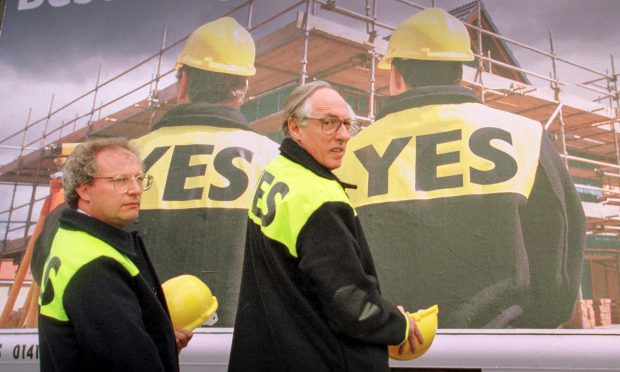
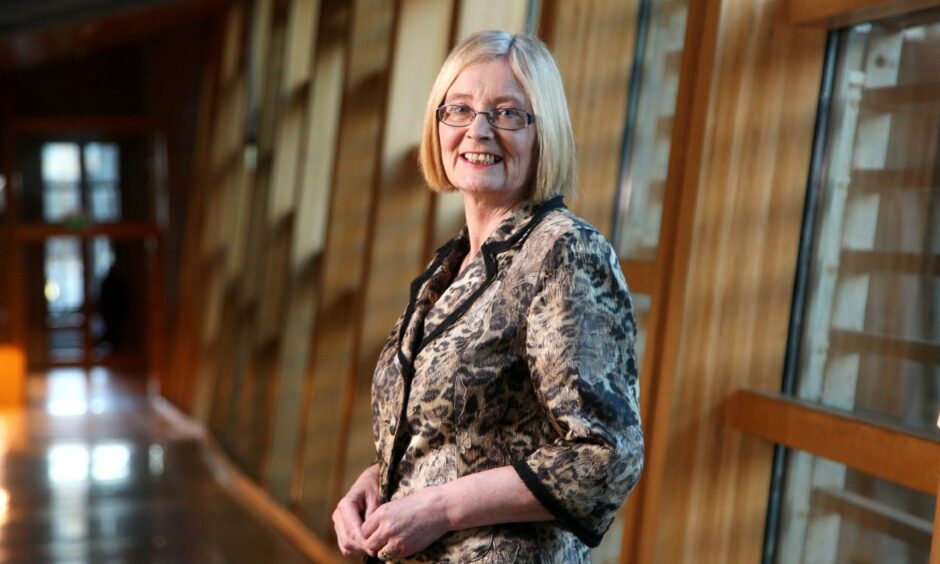
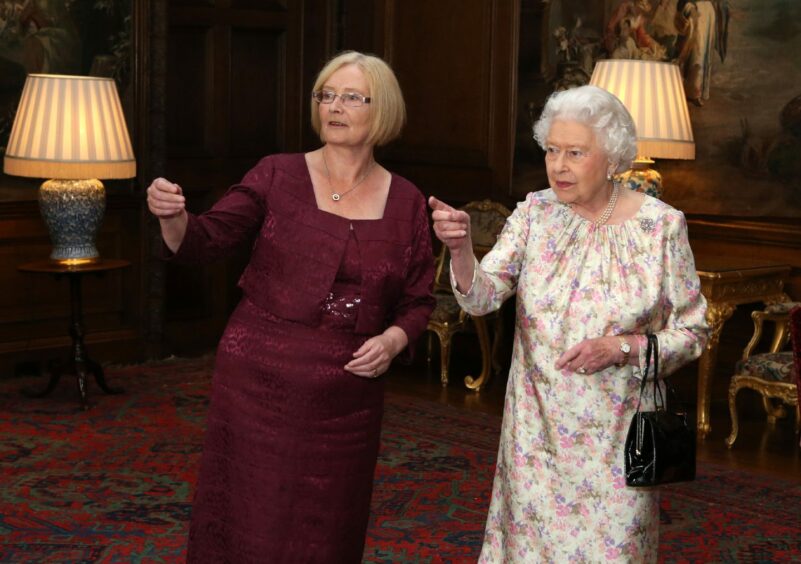
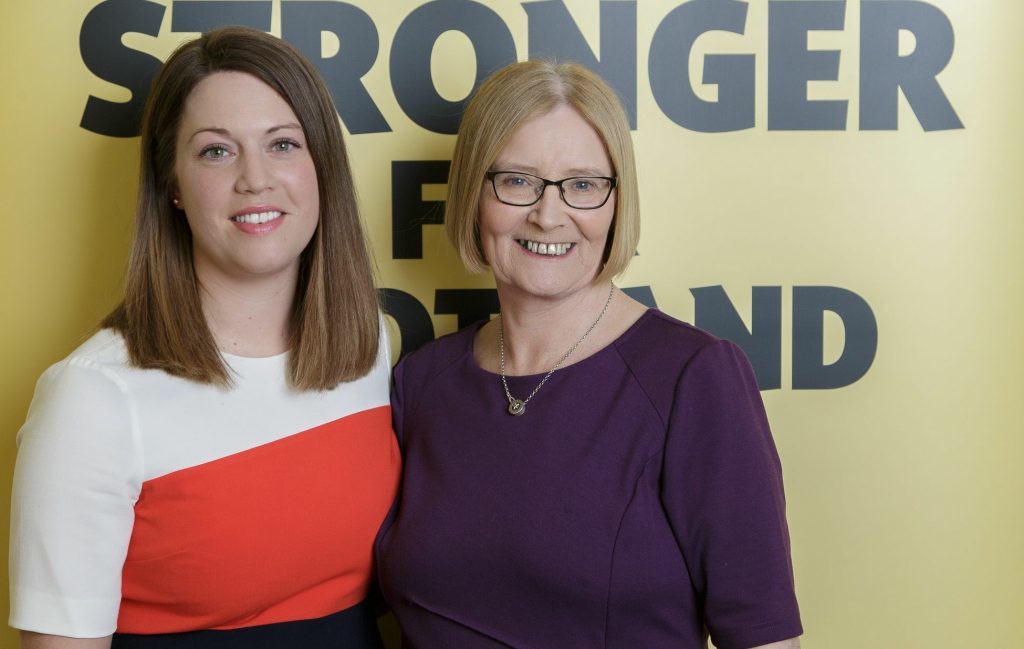
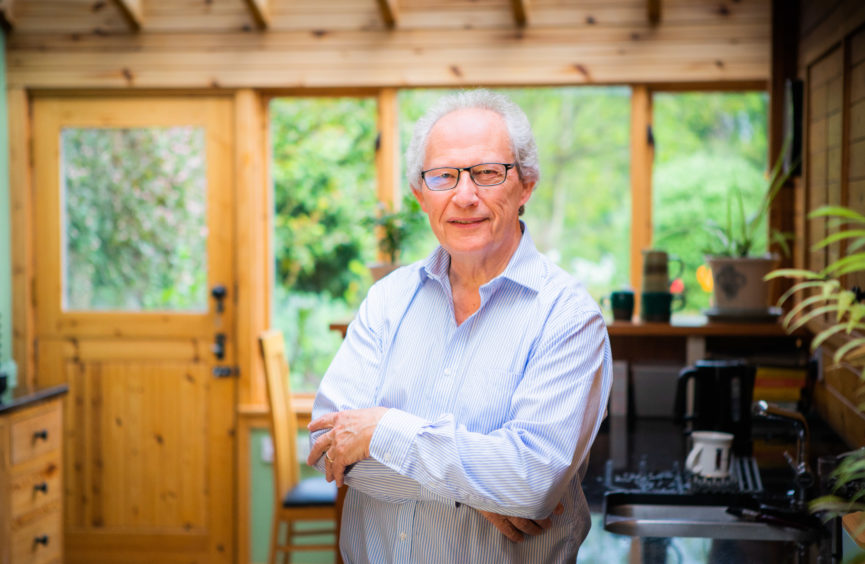
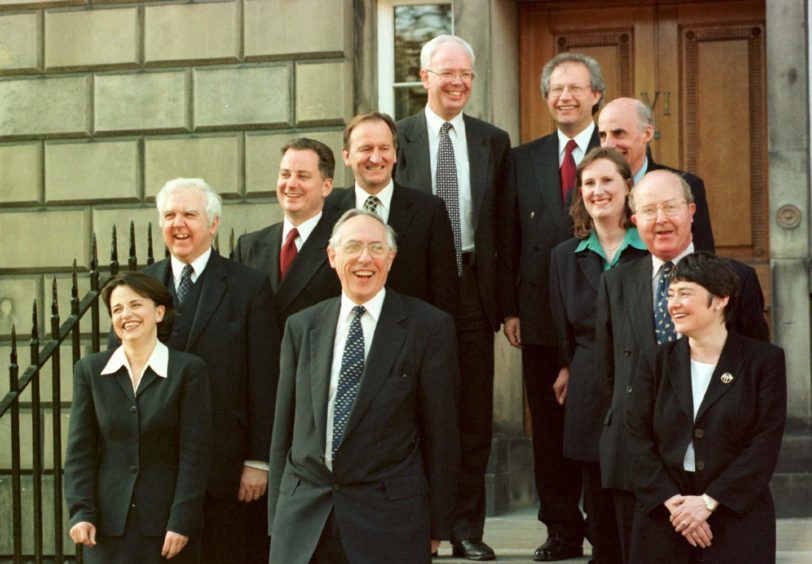
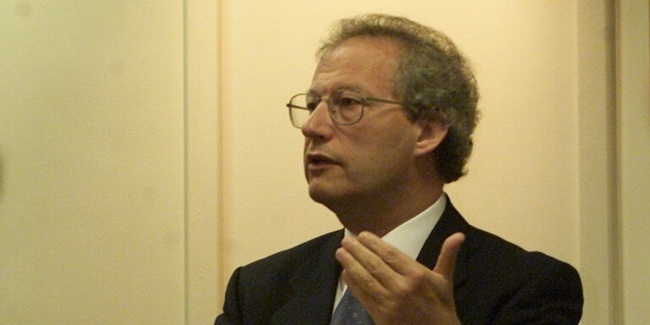
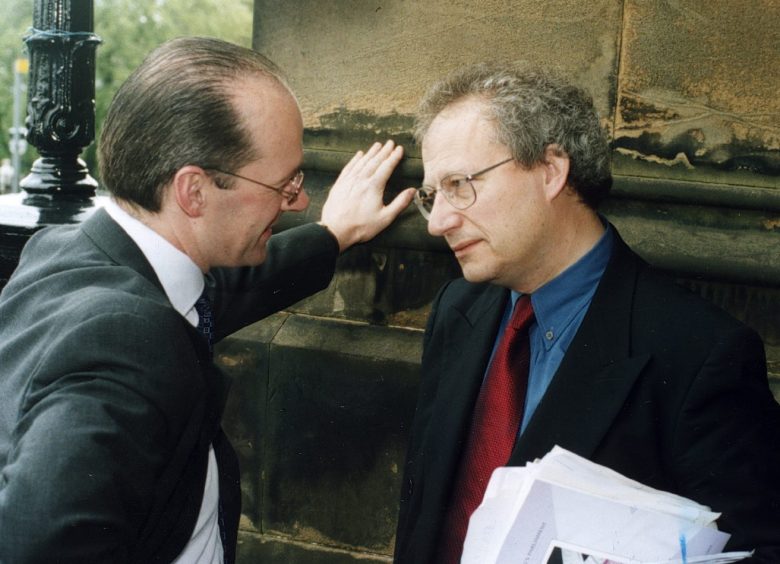
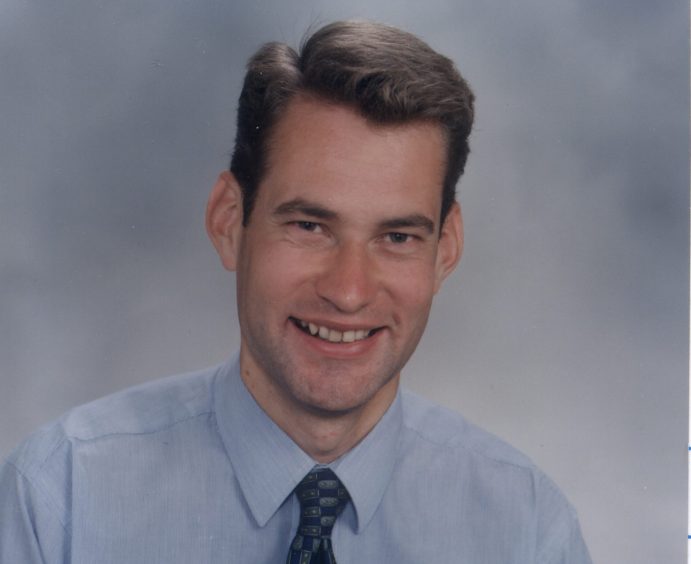
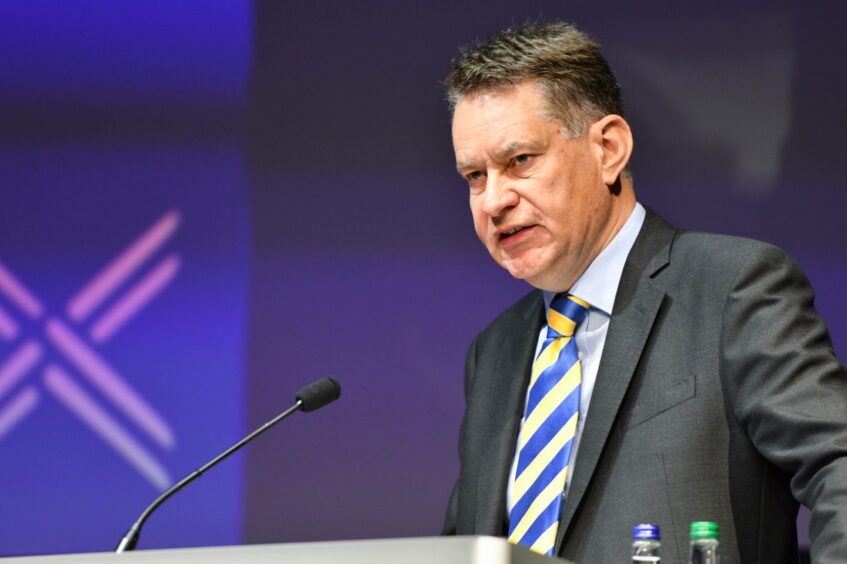
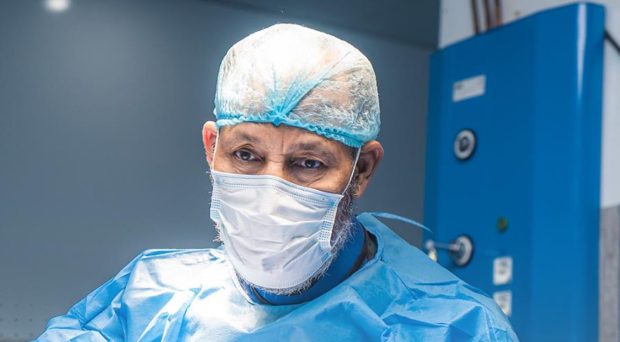
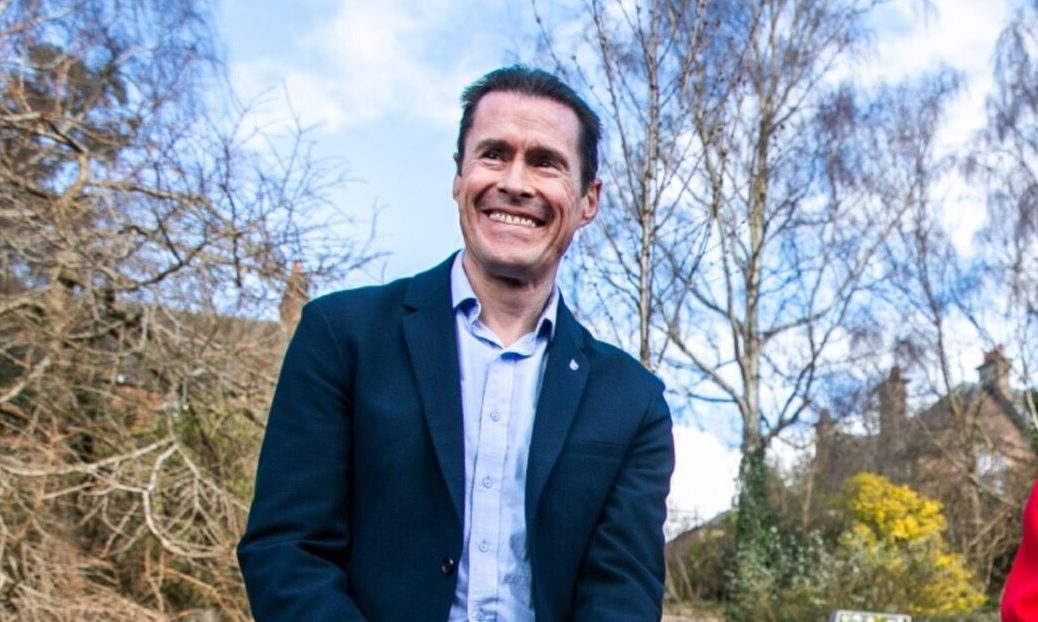
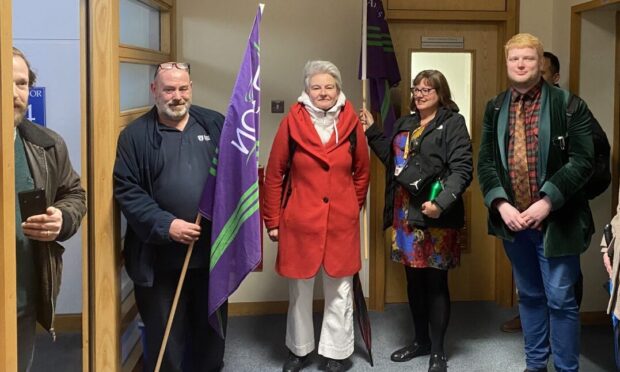
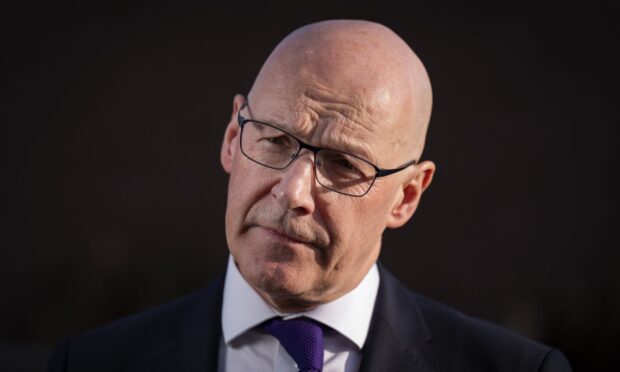

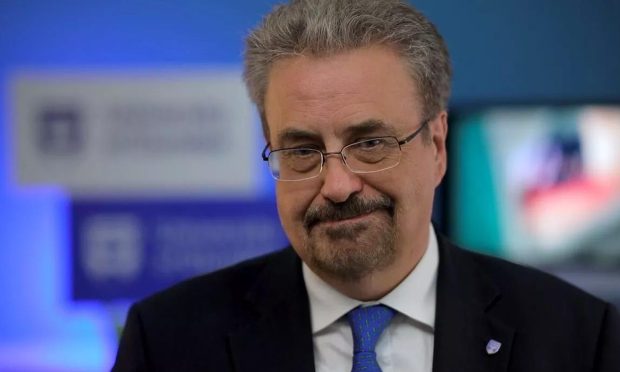
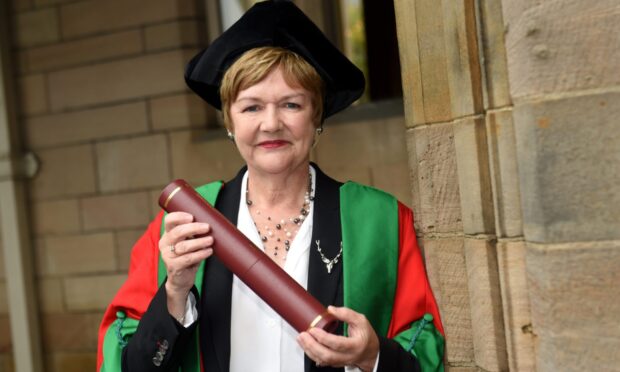

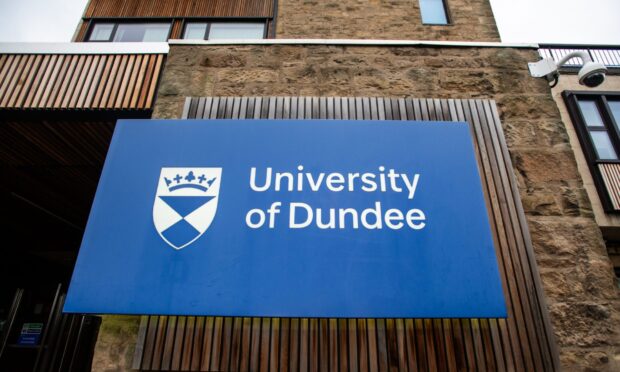

Conversation